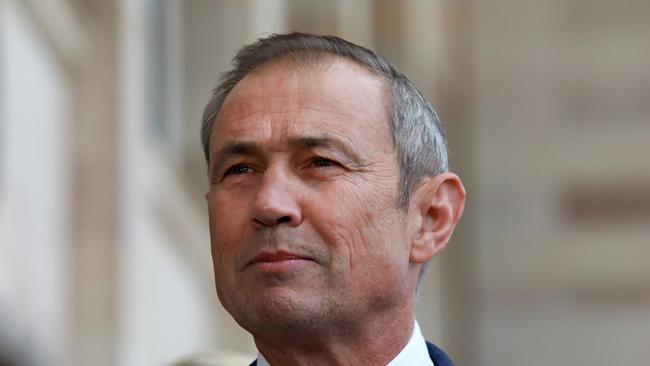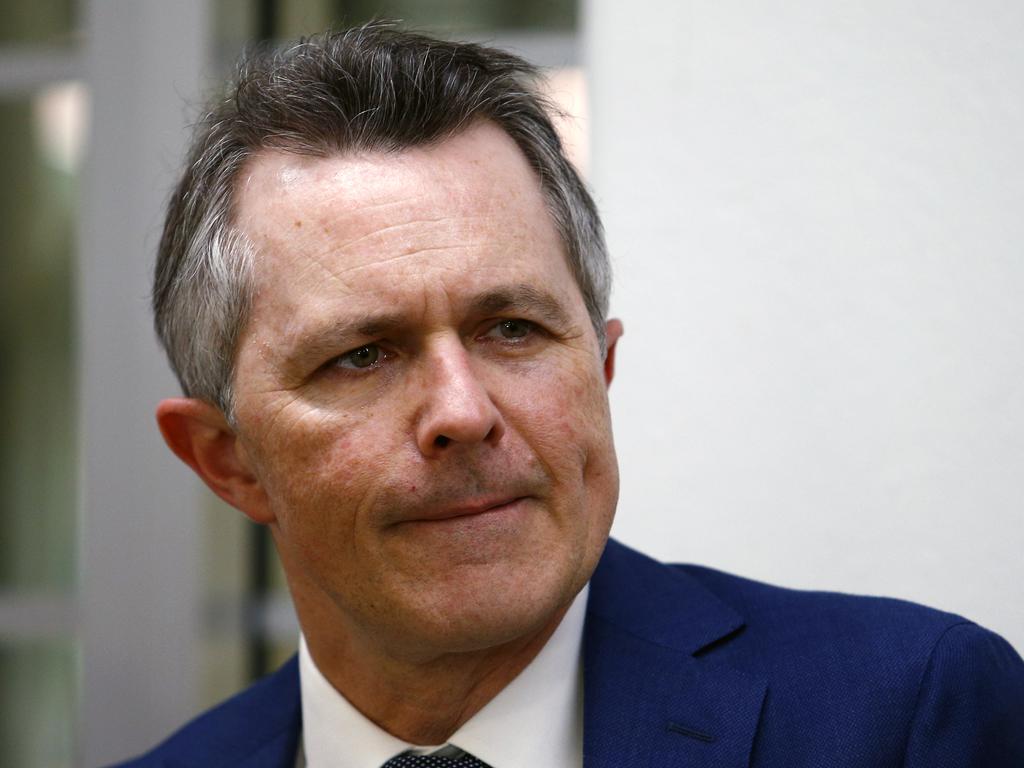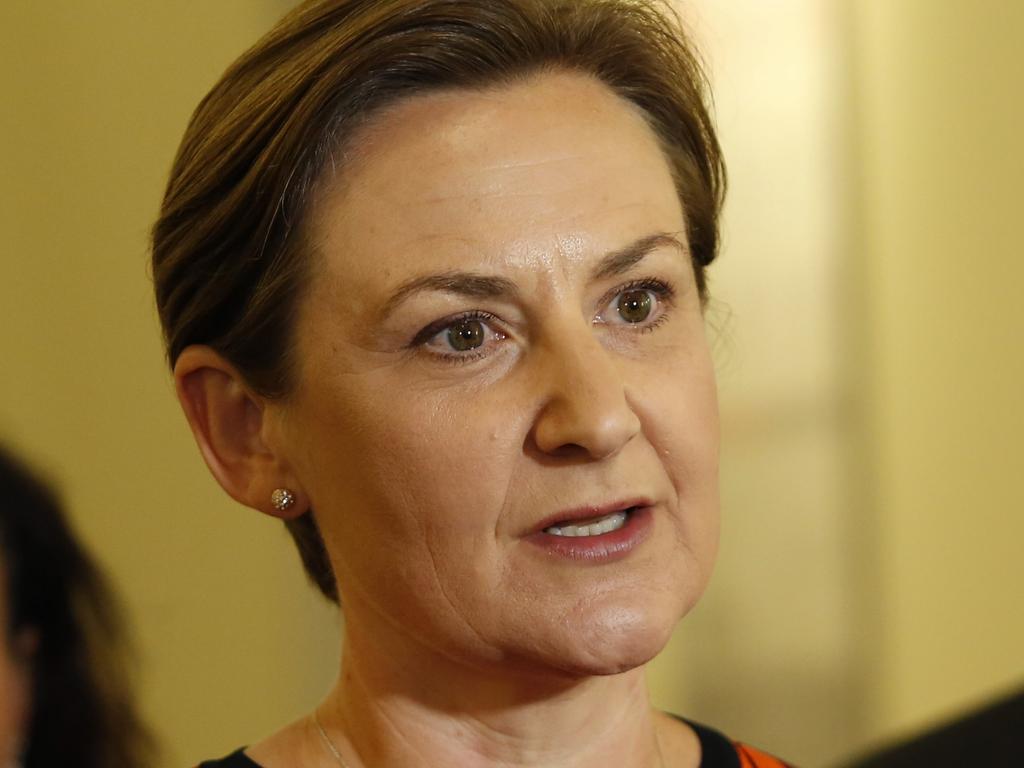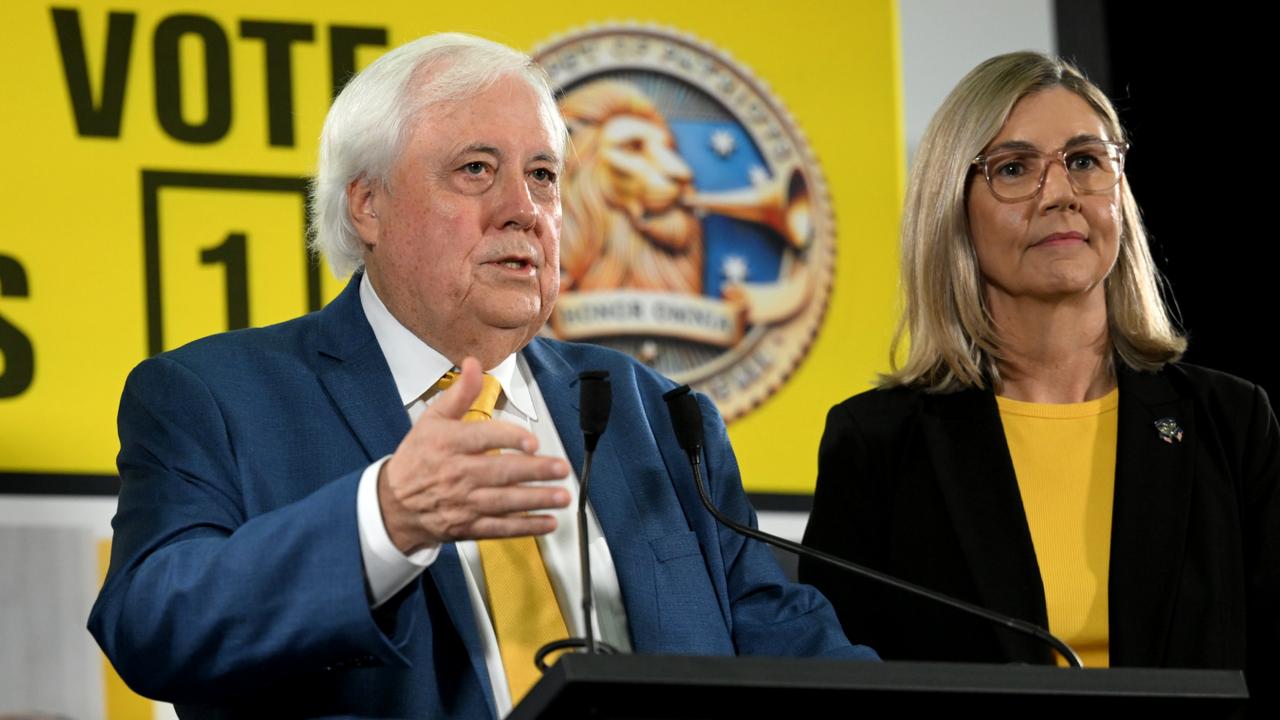Surge in public service ‘stress’ claims
Mental stress claims from WA’s public servants have increased almost 45 per cent since Labor came to power in 2017.

Western Australia’s public service accounts for more than half of all the state’s mental health workplace claims, despite being less than 10 per cent of its workforce.
The rising number of claims from the public service is putting pressure on insurance premiums, which have lifted sharply in recent years and have prompted the state government to launch an investigation into how select government departments are managing their workplace injuries.
Latest data from the Insurance Commission of WA showed that the number of mental stress claims from the public service had risen in financial 2023 for a sixth straight year. The number of such claims lodged each year is now up almost 45 per cent since Labor came to power in 2017.
The mental stress claims do not include those made by frontline emergency services personnel most likely to be exposed to trauma, such as police and paramedics. Those professions are covered separately.
Unions and the opposition say the rising number of stress claims points to cultural issues inside WA’s public sector.
Rikki Hendon – branch secretary of WA’s public sector union CPSU/CSA – told The Australian the increased level of claims reflected pressure that had built on public servants on multiple fronts in recent years.
“Right across the sector, we’re seeing understaffing and high rates of vacancy,” she said.
“People are finding themselves under incredible pressure to do the work of the state, run essential public services with fewer and fewer colleagues to assist them to do it. So workload pressure is mounting across the sector and often that does contribute to the stress that people experience.”
She said a survey of members had also shown that almost 20 per cent of respondents had experienced bullying or harassment in the past 12 months.
Cost-of-living pressures were, she said, particularly acute for public servants given the public sector salary freeze maintained during the first few years of the McGowan government.
More than two-thirds of WA’s public servants are employed across education and health.
Both those sectors have been under well-publicised pressure in recent years, with increasing numbers of teachers leaving the profession and health workers grappling with rising ambulance ramping and worker shortages.
Yet both those sectors are under-represented for mental health stress claims, with the rest of the public sector accounting for almost half of all mental health claims despite representing just 31.4 per cent of the state’s public servants.
Opposition Treasury spokesman Steve Thomas said he did not accept that the higher rate of mental stress claims in WA was a natural reflection of the more stressful nature of the work of public servants.
Before entering politics, Dr Thomas was a veterinarian – a profession that consistently has one of the highest rates of suicide.
“This just really demonstrates that there is absolutely a cultural difference, because I don’t believe for one minute that the private sector is significantly less stressful than the public sector. “People dealing with the public … all have to put up with a certain percentage of difficult customers and all have to put up with abuse and all have to put up with long hours.”
He also said ICWA chief executive Rod Whithear had noted in a recent parliamentary submission that some mental stress claims stemmed from employers addressing employee performance issues or requiring them to work standard hours.
“If you have an employee that needs to have their performance evaluated, assessed and altered, that in itself should not be something that you can claim as a stress-related issue,” he said.
“As long as it’s done in a reasonable way, an employer has to be able to say to a worker, ‘What you’re doing is not the outcome I need, you need to do this differently’.”
The most recent state budget noted that workers compensation and other premiums had increased over recent years because of a rise in both the number and quantum of claims.
The average cost of a mental stress claim was $75,767, almost double the average cost of all workers compensation claims last year.
That review is under way and will be completed in time for next year’s state budget.
A spokesman for the state government said mental health claims in the 2023 financial year represented less than 0.4 per cent of the entire public service workforce. “Public servants represent the bulk of our state’s frontline workers and are often far more exposed to challenging and difficult circumstances than the rest of the state’s workforce,” he said.
“The government deeply respects the dedication of our frontline public servants and continues to work hard to make sure they are supported in their jobs.”







To join the conversation, please log in. Don't have an account? Register
Join the conversation, you are commenting as Logout